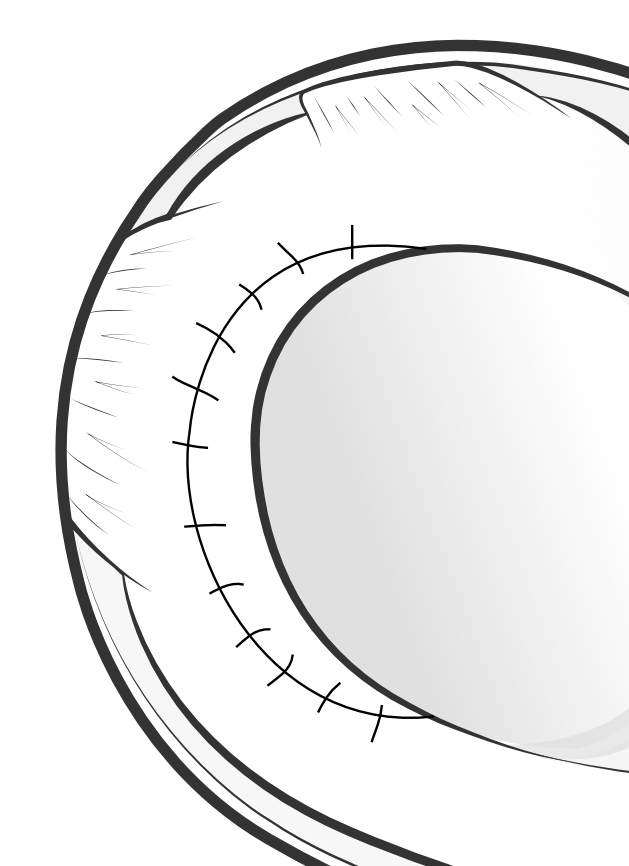Replacing an irreparably-damage portion of meniscus with a tissue-engineered one, such as a collagen meniscus.

Collagen scaffold sewn in to replace a damaged meniscal region.
Ingrowth of cells
The hope is that cartilage cells will migrate into the collagen matrix and start to produce the fibres that will eventually give strength to the implant.
Synonyms:
Meniscus scaffold
Meniscal scaffold
Tissue-engineered meniscus
Collagen meniscus
-